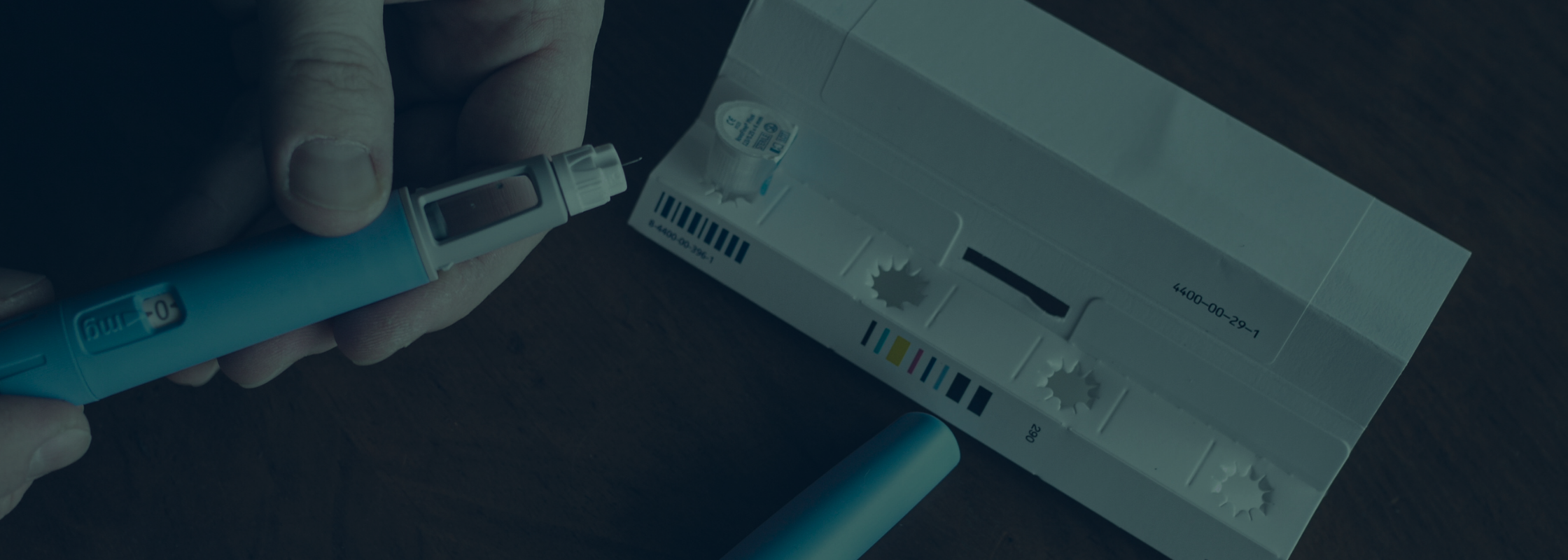Australia’s position as a major economic player on the world stage is unique due to its geographical isolation and strong commitment to independence from its British colonial legacy. As a result, Australia’s trade landscape is complex and diverse, with strong ties to Asia and Europe offering a range of opportunities for import and export.
While this trade landscape is well-suited to facilitate clinical trial import and export, the complexity of Australia’s regulatory and bureaucratic framework for medical import compliance poses a significant challenge for clinical trials conducted in the country. This blog will explore the intricacies and challenges of importing medical products for clinical trials in Australia.
Why is Australia a Good destination for Clinical Trials?
Australia has become an attractive destination for clinical trials due to a combination of factors, including:
World-class Research Infrastructure
Australia’s research infrastructure is among the best in the world, making it a preferred destination for clinical trials. The country has many research institutions, universities, and medical facilities with state-of-the-art facilities and technologies.
For instance, the National Imaging Facility (NIF) is a network of research infrastructure facilities that provide researchers with access to cutting-edge imaging equipment and techniques for medical research. Similarly, the Australian Clinical Trials Alliance (ACTA) is a national organization that provides support and expertise to clinical trials in Australia.
Skilled Workforce
Australia has a highly skilled workforce, with many medical professionals, researchers, and support staff who are well-trained in clinical trial procedures and regulations. Additionally, Australia has established and thriving biomedical precincts hosting many clinical trial sites, helping to strengthen the workforce’s capabilities across all life sciences.
Efficient Regulatory Framework
Australia has a well-established regulatory framework for clinical trials designed to protect the safety and welfare of trial participants while facilitating the timely completion of trials. A robust intellectual property system and a simple and efficient regulatory regime make the destination all the more appealing for clinical research.
The country’s regulatory body, the Therapeutic Goods Administration (TGA), ensures that all clinical trials meet the highest safety and efficacy standards. The TGA also offers a streamlined regulatory pathway for clinical trials, allowing for efficient approval of clinical trials. The strong pro-innovation foundations also fortify the regulatory framework.
Ethnically Diverse Population
Australia has a culturally and ethnically diverse population, making it an ideal location for conducting trials that require diverse patient populations. The country has initiatives to improve awareness for potential trial participants, such as the “Find a Trial” website, which provides information about ongoing clinical trials and how to participate.
Australia’s diverse population ensures that clinical trials can recruit participants from various ethnic and cultural backgrounds, making the trials more representative and increasing the generalizability of results.
Stable Socio-political Environment
The absence of domestic and international conflict and the deescalated approach to global affairs provides a stable environment for conducting clinical trials and reduces risks for business interests and overall Investor and consumer confidence.
High-quality Execution
Australia has a strong reputation for its scientific and medical research quality. It also adheres to the highest level of Good Clinical Practice (GCP) standards. International regulatory agencies, including The US Food and Drug Administration (USFDA) and European Medicines Agency (EMA), accept Australian clinical data and results, further demonstrating the country’s high-quality execution of clinical trials.
What Causes Complexity When Importing Clinical Trial Supplies Into Australia?
Despite the benefits of conducting clinical trials in Australia, there are still significant challenges when importing clinical trial supplies and equipment into Australia. The country’s strict customs and duty regulations, biosecurity regulations, storage and transport requirements, and local representation requirements can make importing clinical trial supplies and equipment into the country complex and time-consuming.
Some of the key challenges include:
Custom and Duty Regulations
Australia has strict customs regulations, classification parameters, and standards that require clinical trial sponsors to comply with specific import requirements. These regulations can be complex and time-consuming to navigate, leading to potential delays in the importation process. For example, mandatory customs valuation on all imported goods and corresponding tariff regulations can be a significant barrier for importers.
License and permit applications and approvals also vary depending on the product being shipped. As the drug schedules increase, so do the medical import license and permit requirements.
Biosecurity Regulations
Australia also has rigid biosecurity regulations designed to protect the country’s unique flora and fauna. These regulations can make it challenging to import certain types of biological materials, such as tissues or cell lines, into the country. Its strictest regulation entails biosecurity, and the region is notorious for imposing quarantine measures.
Storage and Transport Requirements
Clinical trial supplies and equipment often require specific storage and transport conditions to ensure safety and efficacy. Meeting these requirements in Australia can be difficult and expensive, especially when transporting supplies and equipment across the country. Highly detailed and specific documents for the packaging and transporting of pathology specimens and associated specimens must be completed.
Local Representation
For clinical trials making their way into Australia, one of the major hurdles is local representation. This typically entails Importer of Record IOR) services which ensure the imported goods comply with all customs and legal requirements in the country of import. Similarly, the Exporter of Record (EOR) provides the exported products, and all associated shipping documents comply with the local necessities. The medical EOR phase is also typically associated with the return of samples and data from clinical trials.
The TecEx Medical Solution
Importing clinical trial supplies and equipment into Australia can be a complex process that requires careful attention to various regulations, biosecurity measures, storage and transport requirements, and local representation. Despite these challenges, conducting clinical trials in Australia offers many benefits, such as a supportive regulatory environment, access to a diverse patient population, and world-class research facilities.
To overcome these import challenges, it is essential to work with a company that has experience in navigating the complexities of the import process TecEx Medical is an Importer of Record (IOR) specializing in distributing clinical trial supplies worldwide.
As an IOR and compliance expert, TecEx Medical can handle all aspects of the import process, from taxes and duties to documentation and project management. Our tailored medical EOR services are designed to ensure the successful retrieval of clinical trial products, such as samples, technology, and equipment while meeting all regulatory requirements. With our expertise in the import process, TecEx Medical can help clinical trial sponsors streamline the import process, reduce the risk of delays, and focus on their core research activities.
Overall, by partnering with experienced import companies such as TecEx Medical, clinical trial sponsors can successfully navigate the complexities of the import process and conduct their trials in Australia with confidence.





